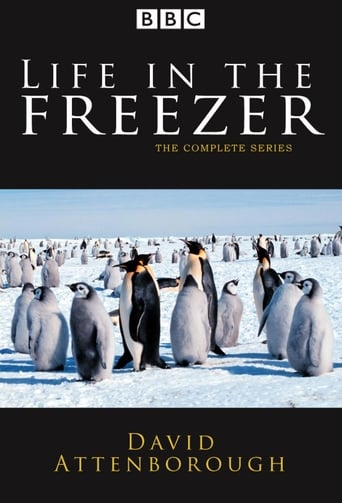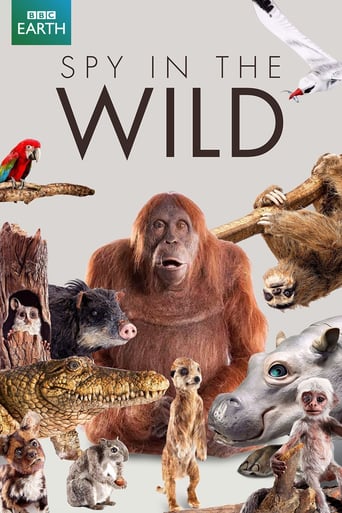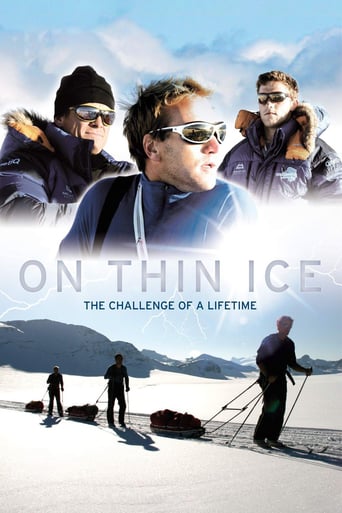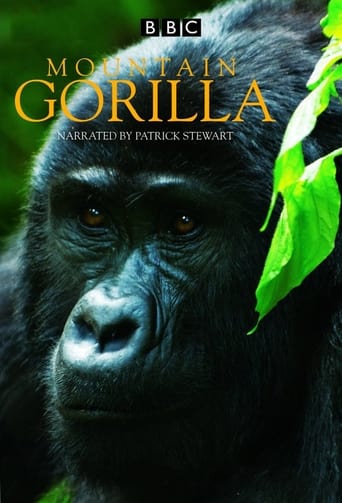Life in the Freezer (1993)
Life in the Freezer
1993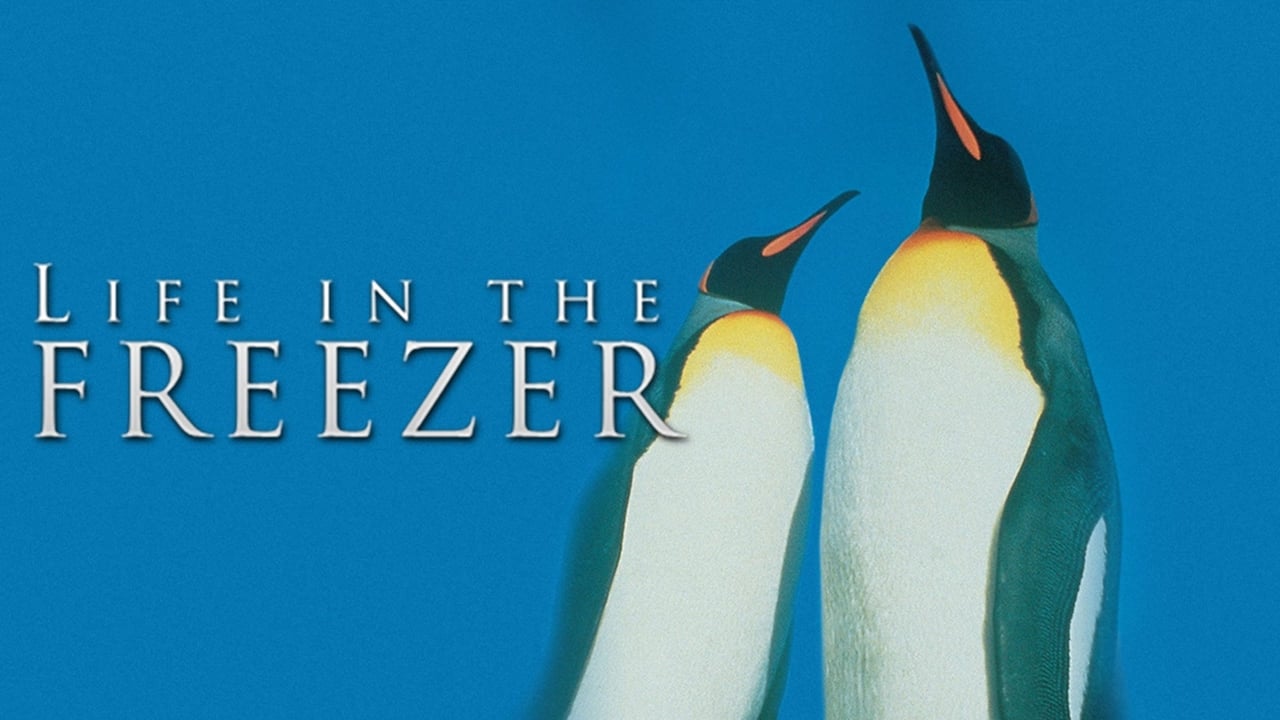
Sir David Attenborough looks at the natural history of the Antarctic continent
Seasons & Episode
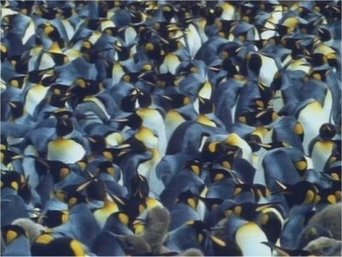
With winter temperatures of minus 70 degrees centigrade and winds of 100mph, only a few hundred people live in this inhospitable continent that is one and a half times the size of Europe. The wildlife, however, is abundant - millions of penguins, thousands of whales and half the world's seals somehow survive hardest conditions on the planet.
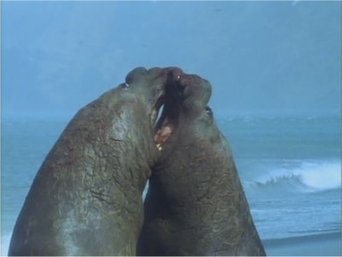
In the spring, the thaw begins and animals like the humpback whale and the crabeater seal follow the retreating ice.
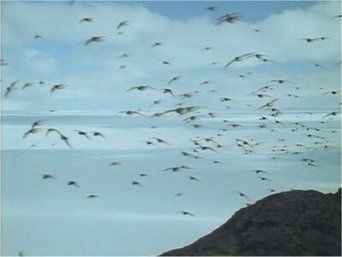
It's summer in Antarctica, and with 24-hour daylight the race to breed is on as two million fur seals crowd the beaches of South Georgia. When the pups are born, ferocious bulls attack any intruders who challenge their females. Meanwhile, Chinstrap penguins cross glacial streams and climb near vertical cliffs to feed their chicks as formidable leopard seals lurk.
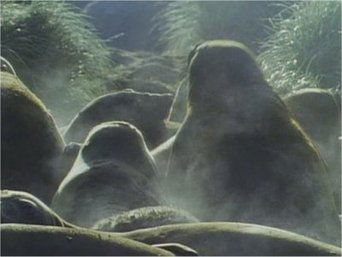
Autumn has stirred up harsh seas which batter the islands of Antarctica, leaving penguins to struggle ashore to feed their young. Amid the wildness of the landscape, leopard seals pounce at unsuspecting fledglings, fur seal pups take their first swim, and young wandering albatrosses rehearse their amazing courtship dance.
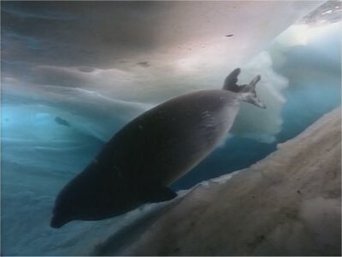
During the Antarctic winter, conditions are so extreme that most animal life deserts the region. The few exceptions include emperor penguins, which huddle together as storms rage, and Weddell seals, which maintain holes in the ice for access to an underwater world in which fish survive by having natural antifreeze in their blood.
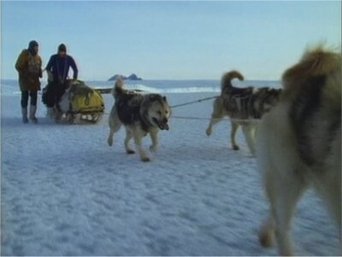
David Attenborough's natural history of Antarctica focuses on man's struggle to survive in this frozen world. From Captain Scott's old hut, he describes the race to be the first to the South Pole, and he reveals how today scientists and support staff manage to live at the Pole all year round, despite temperatures of minus 70 degrees Celsius and weeks of total darkness.
Sir David Attenborough looks at the natural history of the Antarctic continent
Watch Trailer
Free Trial Channels


